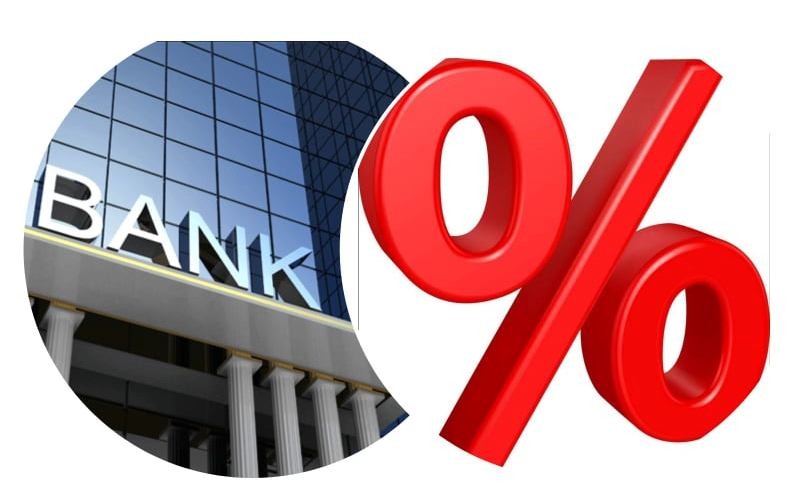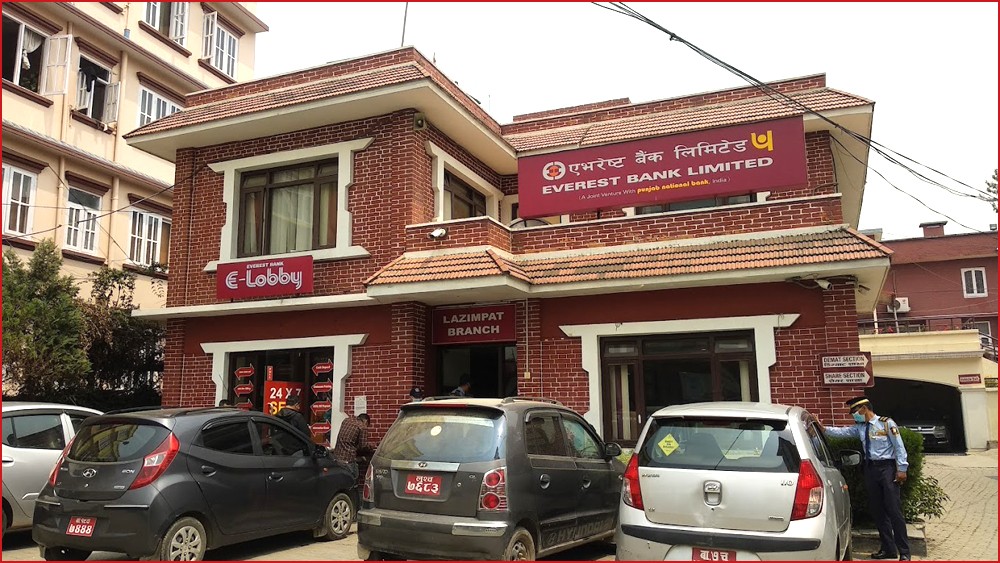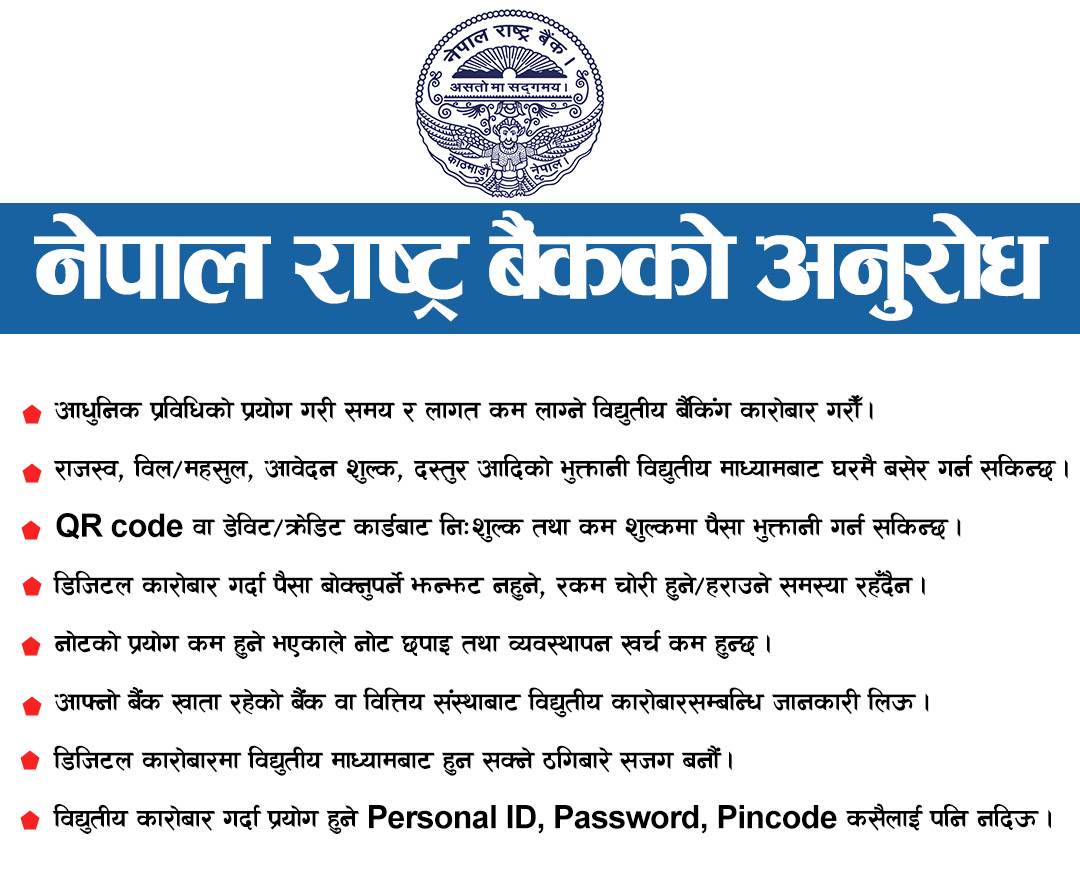
Kathmandu. NADA Automobile Association of Nepal has demanded to increase the credit limit of vehicles purchased for private use to 90 percent through monetary policy.
The association has sent a suggestion to the National Bank to increase the loan limit for private vehicles from 50 percent to 90 percent to facilitate vehicle hire purchase loans.
NRB has also demanded to revise the policy of classifying auto loans as risky items and giving loans up to 50 percent of the price. Four years ago, the Nepal Rastra Bank (NRB) imposed a 50 percent cap on vehicle purchases, citing increased liquidity imports as the reason for the liquidity crisis in Nepal's financial sector.
As vehicle loans are only two percent of the total banking investment and the default on car loans is very low, we are of the view that the task of setting credit limit on vehicles should be given to the concerned commercial banks.
According to Nada, the decisions taken by the Nepal Rastra Bank have seriously affected the automotive business and are having a negative impact on the overall development of the nation. In the fiscal year 2074-75, the total import of vehicles was 437614 units, but in the fiscal year 2075-76, it decreased to 370238 units, according to NADA.
Similarly, due to the Corona epidemic, it has come down to 245,222 in FY 2076-77 but it has come down to 150,765 by FY 2077-78. Adding the estimate of 4 months from the rest of Chaitra to mid-Ashadh, the number seems to be less than 200,000 due to the increasing number of corona mahakari.
Similarly, NADA estimates that it will decrease by about 50 percent in FY 2077-78 as compared to FY 2074-75. With imports of vehicles and means of transportation increasing by an average of 20 percent each year, total imports are now declining at about the same rate.
Private, public, construction and service vehicles, spare parts, service centers, lubricants, tire tubes, batteries and other businesses are directly or indirectly involved in increasing productivity, Nada said.
More than Rs 10 billion has been raised annually for road maintenance. Even now, the government's priority is not to move towards mass transportation. NADA alleges that the policy of discouraging vehicles that are directly related to production is not as good as it needs to be.








